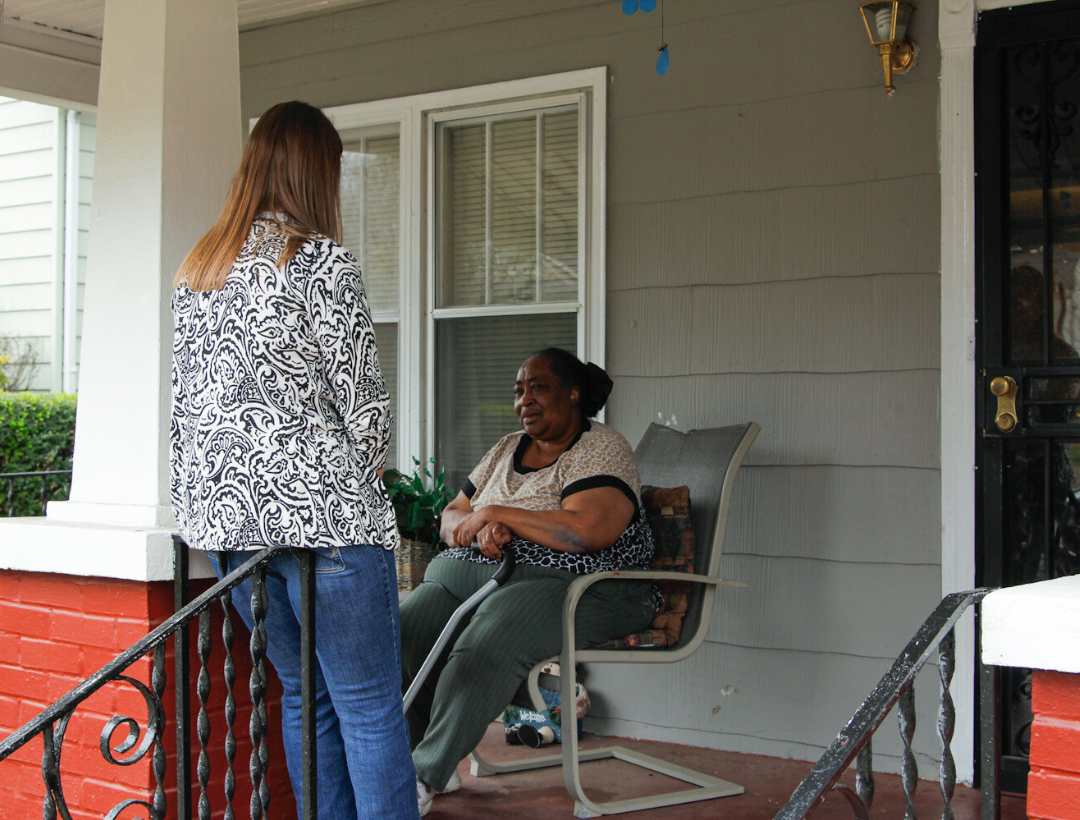Black History Month: Housing Discrimination in America
This Black History Month, it’s important to celebrate the remarkable accomplishments of Black Americans, while also reflecting on the history of housing segregation in America, a deeply rooted issue that continues to impact communities of color. The history of housing discrimination is a tale of systemic racism, shaped by government policies and private practices that have perpetuated inequality.
In the 1930s, the federal government initiated housing programs under the New Deal that explicitly segregated America's housing stock. The Federal Housing Administration (FHA) refused to insure mortgages in Black neighborhoods. It justified this segregation by claiming that African American homeownership would lower property values in white neighborhoods, a baseless statement that ignored the reality of market dynamics.
The term "redlining" originated from color-coded maps created by the federal government, which marked neighborhoods with predominantly African American residents as "risky" for mortgage insurance. This practice effectively denied African Americans access to loans and contributed to the creation of racially segregated communities. Today, African American incomes are on average 60% of white incomes, but African American wealth is only 5% of white wealth. Much of this disparity can be attributed to historical housing policies that prevented African Americans from accumulating wealth through homeownership.

Even after explicit racial covenants were ruled unenforceable, exclusionary zoning practices continued to keep Black families out of certain neighborhoods. These policies, which set minimum lot sizes and other costly requirements, prevented low-income families, often minorities, from accessing better schools and job opportunities.
The Fair Housing Act of 1968 prohibited discrimination based on race, but it did not address class-based discrimination, allowing exclusionary zoning to persist. The Supreme Court's decision in Village of Arlington Heights v. Metropolitan Housing Development Corp. further entrenched these practices, declaring exclusionary zoning constitutional.
Today, exclusionary zoning continues to promote income segregation, concentrating poverty in certain neighborhoods and limiting access to opportunities for social mobility. By perpetuating these cycles of poverty and segregation, exclusionary zoning undermines the principles of fairness and equality.
At Rebuilding Together, we’re working to address housing inequalities for communities of color by integrating community revitalization partnership principles. These principles are an organization-wide anti-racist approach to service that puts the unique needs and interests of the people in that community front and center. We are committed to combating systemic racism and building equitable communities for all.